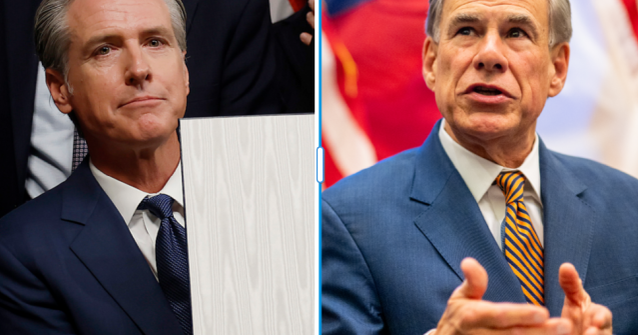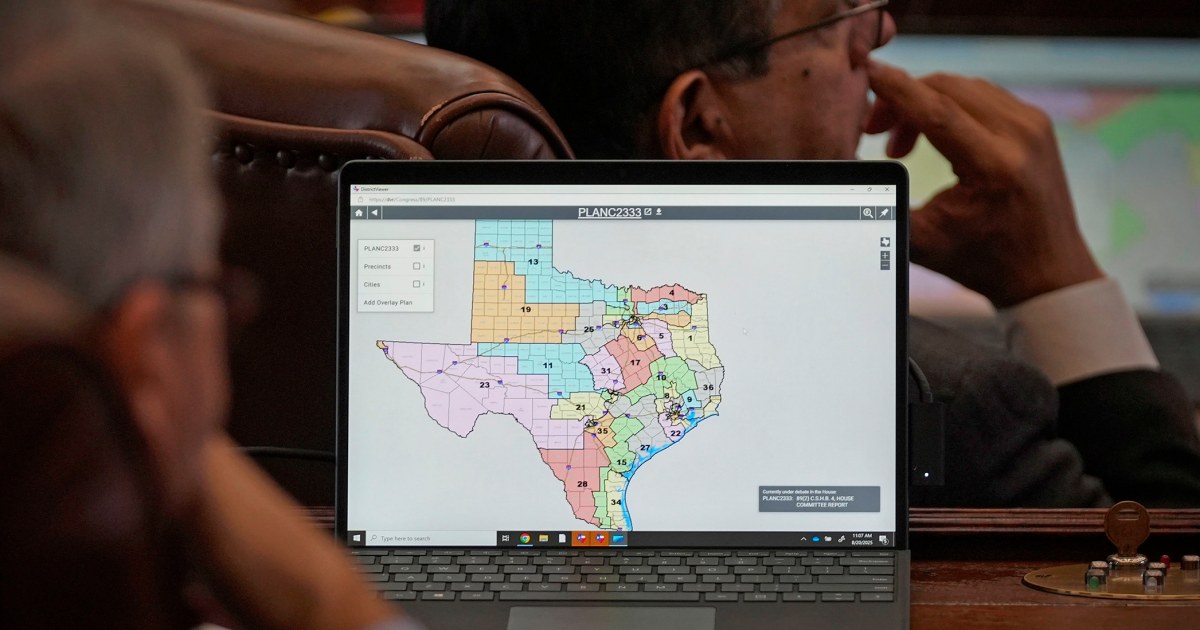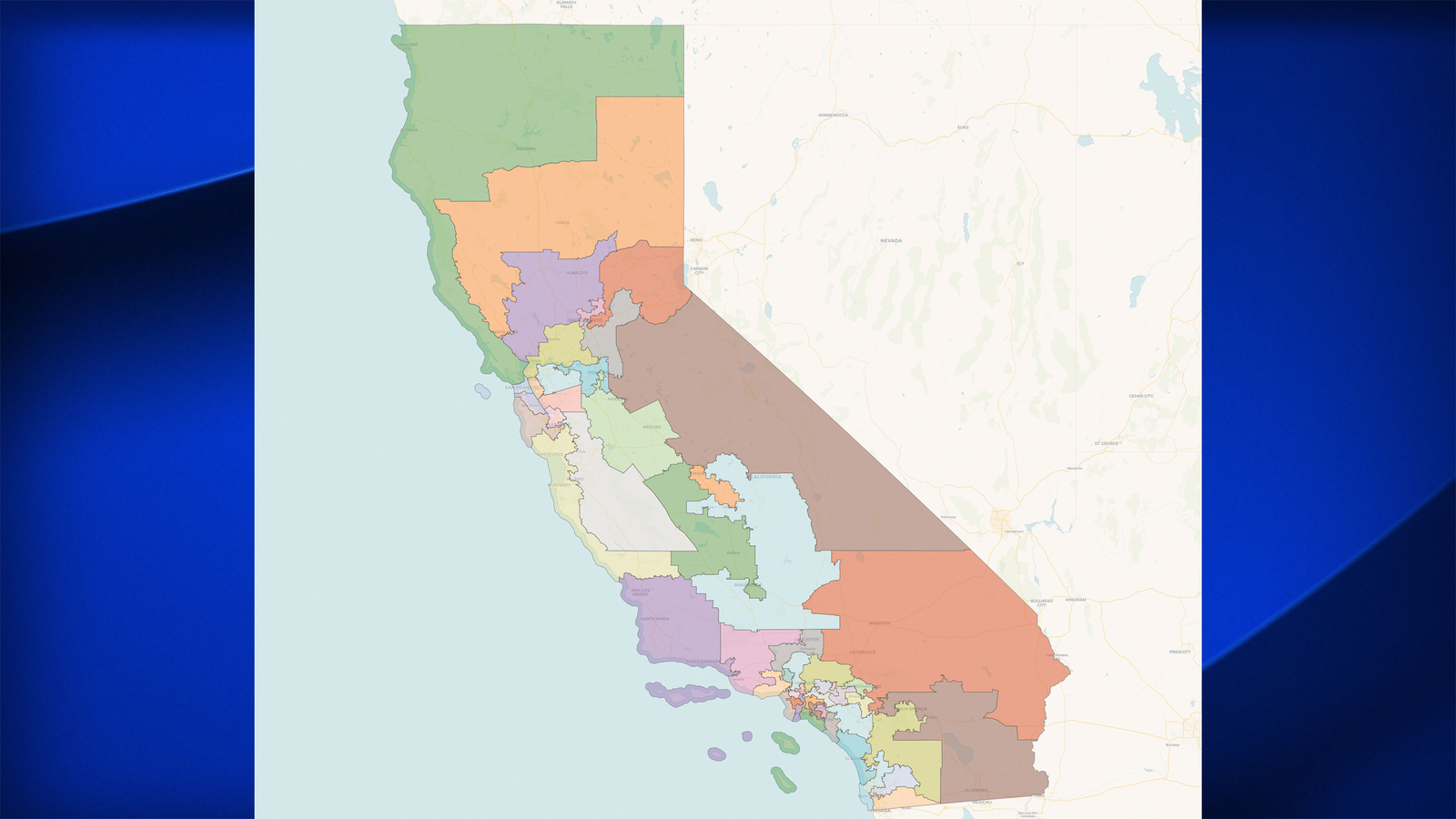Missouri Voters Oppose Proposed Redistricting Effort

Introduction
In a recent poll conducted by Politico, Missouri voters have expressed their opposition to a proposed redistricting effort. The results show that the majority of voters are against the new map, which would give the state an additional Republican-leaning seat. This is a significant development in the ongoing debate over redistricting in Missouri, with potential implications for the upcoming elections.
Key Details
The proposed map, which has been approved by the Republican-controlled state legislature, would redraw the boundaries of the state's eight congressional districts. If passed, it would result in the state gaining one additional Republican-leaning seat, potentially giving the party a larger majority in the House of Representatives. This has sparked concerns among Democratic voters, who fear that their voices will be further marginalized in the state's political landscape.
Impact
This latest poll adds fuel to the already contentious debate over redistricting in Missouri. With the potential for one party to gain a significant advantage, the stakes are high for both Democrats and Republicans. The results of the poll also highlight the importance of voter engagement and the need for a fair and impartial redistricting process. As the fight over the new map continues, it remains to be seen what impact this will have on the upcoming elections and the overall political landscape of Missouri.
About the Organizations Mentioned
Politico
## Overview Politico is a leading political journalism organization specializing in coverage of politics, policy, and the personalities shaping these arenas in the United States and globally[1]. Based in Arlington, Virginia, Politico delivers news and analysis through a variety of platforms, including a daily newspaper, website, newsletters, podcasts, and digital TV[2][3]. The organization is recognized for its rapid news reporting, in-depth policy analysis, and its influence in political and business circles. ## History Founded in 2007, Politico emerged as a disruptor in political journalism, capitalizing on digital media’s rise to challenge traditional outlets[1][3]. Its founders, including former Washington Post journalists, aimed to provide real-time, insider-focused political coverage. In 2021, Politico was acquired by Axel Springer SE, a major German media conglomerate, marking a significant expansion of its international footprint[2]. ## Key Achievements Politico is best known for breaking major political stories, setting the agenda in Washington, D.C., and beyond. It has built a reputation for scoops on presidential elections, congressional maneuvering, and policy debates. The launch of Politico Pro in 2011 further solidified its niche, offering subscription-based, policy-specific intelligence for professionals in healthcare, technology, and energy sectors[5][6]. This platform is lauded for its nonpartisan, fact-based reporting tailored to policy experts and businesses[5][6]. ## Current Status Today, Politico operates as a global news and information company with offices in Washington, D.C., New York, Brussels, and major U.S. state capitals, reflecting its ambitious expansion[4]. With over 1,000 employees and annual revenues exceeding $245 million, it remains a major player in digital and traditional political media[3]. Politico’s content is distributed across multiple platforms, ensuring wide reach among policymakers, business leaders, and engaged citizens. ## Notable Aspects Polit
Republican-controlled state legislature
The term **"Republican-controlled state legislature"** refers to U.S. state legislative bodies (both House and Senate chambers) where the Republican Party holds the majority of seats, enabling them to set legislative agendas, pass laws, and influence state policies effectively. As of 2025, Republicans control the legislative process in **at least 24 to 28 states**, holding full control of both chambers in many cases, compared to Democrats controlling about 15 to 19 states, with a few states having split or coalition control[1][2][5][8]. These legislatures play a critical role in shaping laws that impact daily life, often having a more direct effect than federal legislation. They oversee state budgets, tax policies, education systems, workforce regulations, and infrastructure development—all areas vital to economic growth and business environments. Republican majorities frequently prioritize **tax cuts, deregulation, business incentives, and conservative social policies**, which can attract or repel different industries and tech companies depending on the state[1][3]. Historically, the Republican Party has gained ground in state legislatures over recent decades, with significant wins in the 2024 elections consolidating their influence. Notably, Republicans flipped control of the Michigan House in 2024 and maintained or gained supermajorities in states like Nebraska, Arizona, and Wisconsin. These victories enhance their ability to pass legislation without Democratic support and influence redistricting, regulatory frameworks, and state-level judicial appointments[1][2][3]. Currently, Republican-controlled legislatures are central players in debates over workforce shortages, affordable housing, education reform, and tax policy. Their legislative sessions are closely watched by businesses and technology sectors, as state-level policies can foster innovation hubs or impose restrictions impacting tech growth. With 27 Republican governors complementing legislative majorities in many states, the GOP's state-level governance remains a powerful force in shaping local economic and technological landscapes[3]. In summary, Republican-controlled state legislatures are influential political bodies shaping state laws















